Revolutionizing Healthcare The Top 14 Uses Of ChatGPT In Medicine And Wellness
15 March 2023
The rapid evolution of artificial intelligence (AI) over recent years has given rise to ground-breaking advancements in natural language processing (NLP) and machine learning. At the forefront of this AI revolution is OpenAI’s latest offering, GPT-4, which is poised to redefine the future of communication and industry applications. I have been playing around with GPT4 for the past 24 hours and in this article, I want to summarize GPT-4’s new features, including its game-changing multimodal input capabilities, and explore the implications of this transformative technology.
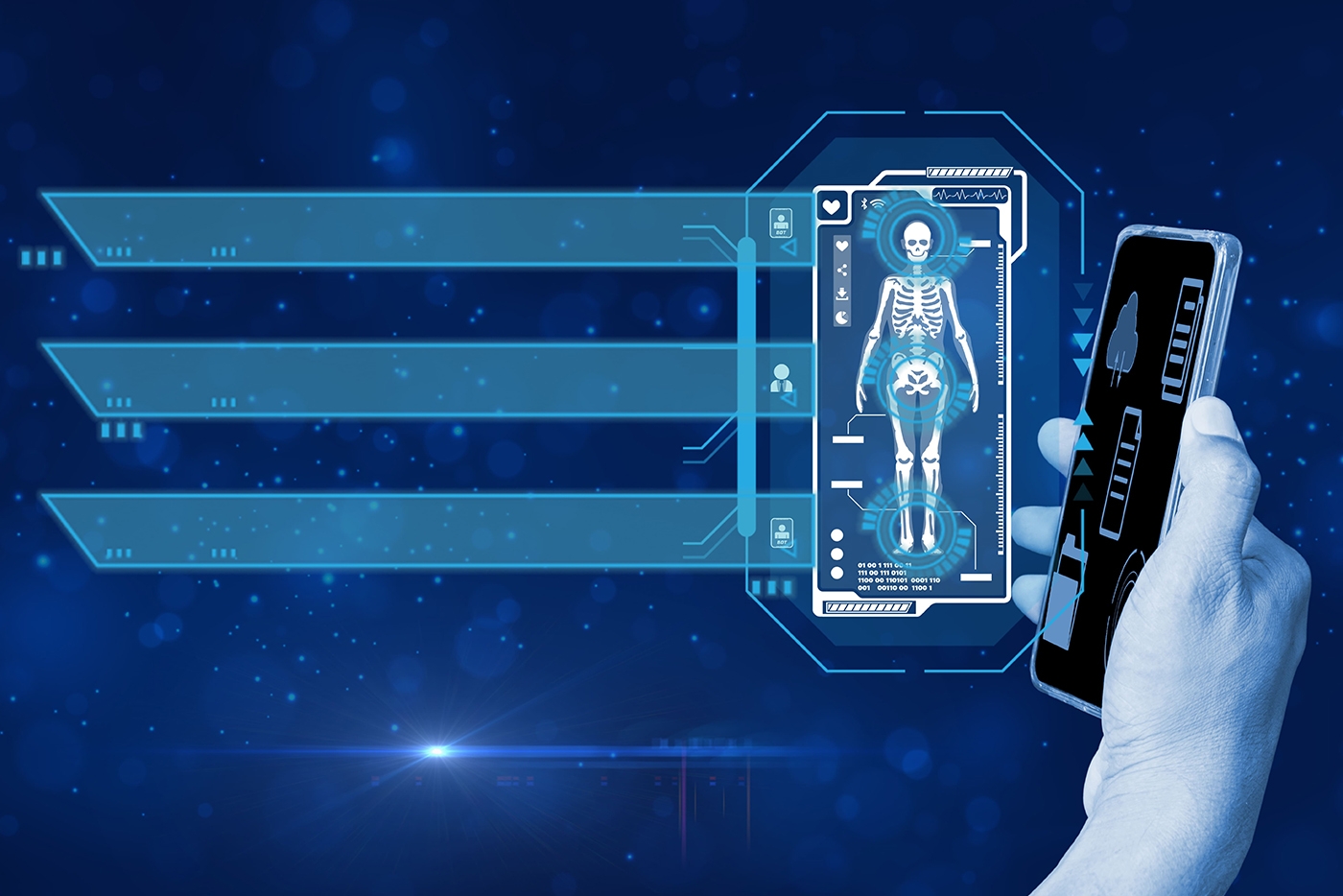
ChatGPT is capable of generating human-like responses to a wide range of queries, making it an ideal tool for healthcare applications. From personalized treatment plans to remote patient monitoring, ChatGPT is transforming the way healthcare providers deliver care to their patients.
Let’s explore a few different uses of ChatGPT in the healthcare sector and discuss the benefits that this revolutionary technology offers to patients, doctors, and researchers.
Virtual assistants for telemedicine: ChatGPT can be used to develop a virtual assistant to help patients schedule appointments, receive treatment, and manage their health information. With the rise of telemedicine, many patients now prefer to receive care from the comfort of their homes — and a virtual assistant powered by ChatGPT can provide patients with the guidance and support they need to manage their health remotely.
Clinical decision support: ChatGPT can be used to provide real-time, evidence-based recommendations to healthcare providers to improve patient outcomes. For example, ChatGPT can be used to suggest appropriate treatment options for a particular condition, flag potential drug interactions, and provide clinical guidelines for complex medical cases. By providing quick and reliable support, ChatGPT can help clinicians save time, reduce errors, and improve patient care.
Medical recordkeeping: ChatGPT can be used to generate automated summaries of patient interactions and medical histories, which can help streamline the medical recordkeeping process. With ChatGPT, doctors and nurses can dictate their notes, and the model can automatically summarize key details, including symptoms, diagnoses, and treatments. Medical professionals can also use ChatGPT to extract relevant information from patient records, such as lab results or imaging reports.
Medical translation: ChatGPT can be used to provide real-time translation services to facilitate communication between patients and healthcare providers. With its advanced language processing capabilities, ChatGPT can accurately and quickly translate medical jargon, technical terms, and common expressions, allowing patients to understand their diagnosis, treatment options, and medication instructions.
Medication management: It can be challenging for patients to keep track of their medications and follow dosage instructions from doctors, particularly if they’re taking multiple meds. ChatGPT can be used to help patients manage their medications, including reminders, dosage instructions, and potential side effects. ChatGPT can also provide patients with information about drug interactions, contraindications, and other important considerations that can affect medication management.
Disease surveillance: Medical experts and regular citizens can also use ChatGPT to monitor global health data, which can give them real-time insights into potential outbreaks and facilitate early response efforts. By analyzing large volumes of data from various sources like news reports and public health databases, ChatGPT can detect patterns and anomalies that may indicate the emergence of a new disease or the spread of an existing one. The model can also provide automated alerts to public health officials, healthcare providers, and the general public, empowering them to take appropriate measures to prevent the spread of disease.
Medical writing and documentation: ChatGPT can be used to help healthcare professionals write and document medical reports, such as clinical notes and discharge summaries, by providing real-time suggestions and corrections.
Clinical trial recruitment: Clinical trials are an essential part of developing new treatments and therapies for various health conditions — but recruiting participants for clinical trials can be challenging. ChatGPT can be used to identify potential participants for trials by analyzing large amounts of patient data and identifying individuals who meet the trial's eligibility criteria. By leveraging ChatGPT's capabilities, clinical trial recruitment efforts can become more efficient, targeted, and effective in reaching diverse populations.
Creating symptom checkers: Symptom checkers are a valuable tool for patients who want to understand their symptoms and determine if they should seek medical attention. ChatGPT can be used to develop virtual symptom checkers to help patients identify and interpret potential health issues. The symptom checkers can also provide guidance on next steps, and even provide information on self-care measures that a patient can take before seeking medical attention, such as home remedies or over-the-counter medications.
Patient triage: ChatGPT can be used to triage patients by asking them questions about their symptoms and medical history to determine the urgency and severity of their condition.
Drug information: ChatGPT can be used to provide real-time information about drugs, including side effects, interactions, and potential contraindications. Patients can communicate with ChatGPT using natural language, and the model can respond with accurate and timely information, helping patients make informed decisions about their medications. ChatGPT can also provide information about the proper dosage, administration, and storage of medications, as well as potential alternatives for patients who are allergic or intolerant to specific prescriptions. Additionally, healthcare providers can use ChatGPT to stay informed about new medications, drug recalls, and other important updates in the pharmaceutical industry.
Medical education: Medical education is a lifelong process for healthcare professionals, and keeping up with the latest research, guidelines, and practices can be challenging. ChatGPT can provide instant access to relevant medical information and resources for students and healthcare professionals, supporting their ongoing learning and development.
Mental health support: ChatGPT can be used to provide behavioral health support to patients, including screening for mental health conditions, offering coping strategies, and connecting patients with resources for further support.
Remote patient monitoring: Remote patient monitoring (RPM) is an increasingly popular way to improve patient outcomes while reducing healthcare costs. ChatGPT can be used to monitor patients remotely by analyzing data from wearables, sensors, and other monitoring devices, providing real-time insights into a patient's health status. ChatGPT can analyze this data and provide alerts to healthcare providers if a patient's condition deteriorates or if there are other concerning trends. This can help healthcare providers intervene early and prevent hospitalizations or other complications.
All medical professionals — especially healthcare executives — must understand the capabilities of advanced AI tools and other disruptive innovations so they know how emerging technologies might bring opportunities and threats to their organizations.
Related Articles
Generative AI Vs. Agentic AI: The Key Differences Everyone Needs To Know
By now, “smart” versions exist of just about every home appliance, gadget and gizmos we can think of. However, manufacturers continue[...]
5 Critical Quantum Computing Facts Business Leaders Can’t Afford to Miss
By now, “smart” versions exist of just about every home appliance, gadget and gizmos we can think of. However, manufacturers continue[...]
How China’s DeepSeek Redefined The Global AI Race
By now, “smart” versions exist of just about every home appliance, gadget and gizmos we can think of. However, manufacturers continue[...]
The Rise Of AI Scientists: Is Agentic AI The Future Of R&D
By now, “smart” versions exist of just about every home appliance, gadget and gizmos we can think of. However, manufacturers continue[...]
The Essential Skills That Will Define Success In The AI Era (And They’re Not What You Think)
By now, “smart” versions exist of just about every home appliance, gadget and gizmos we can think of. However, manufacturers continue[...]
ChatGPT’s ‘Operator’ Mode Gives AI True Autonomy – And It’s Both Thrilling And Terrifying
By now, “smart” versions exist of just about every home appliance, gadget and gizmos we can think of. However, manufacturers continue[...]
Sign up to Stay in Touch!
Bernard Marr is a world-renowned futurist, influencer and thought leader in the fields of business and technology, with a passion for using technology for the good of humanity.
He is a best-selling author of over 20 books, writes a regular column for Forbes and advises and coaches many of the world’s best-known organisations.
He has a combined following of 4 million people across his social media channels and newsletters and was ranked by LinkedIn as one of the top 5 business influencers in the world.
Bernard’s latest book is ‘Generative AI in Practice’.






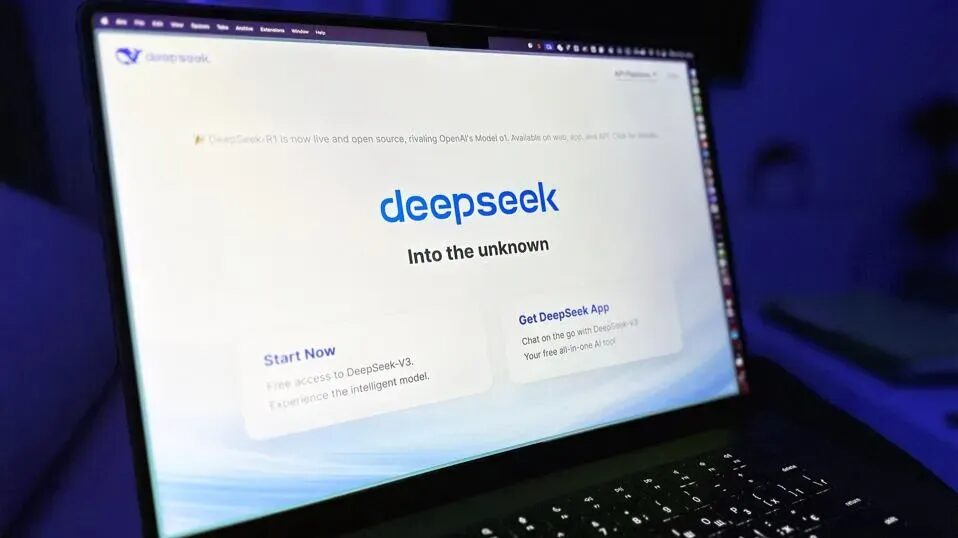
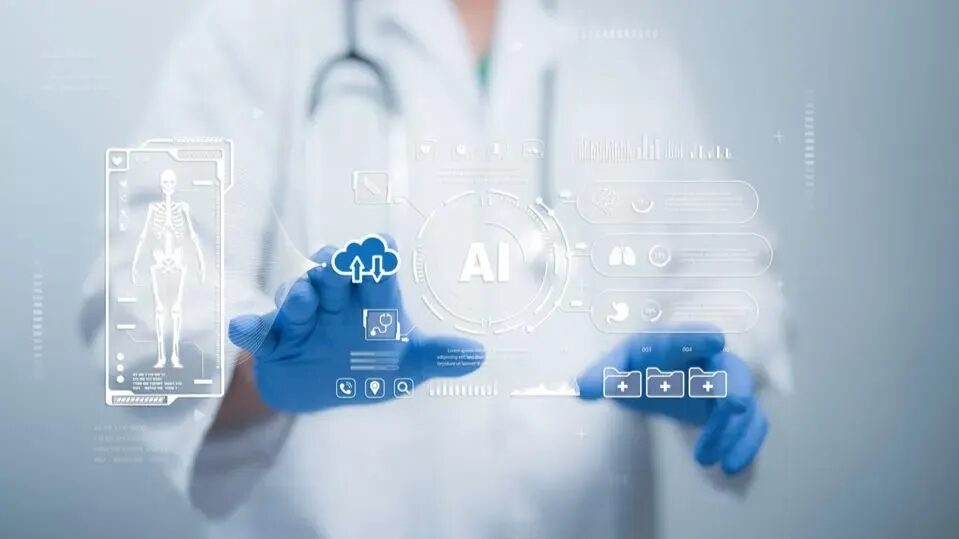
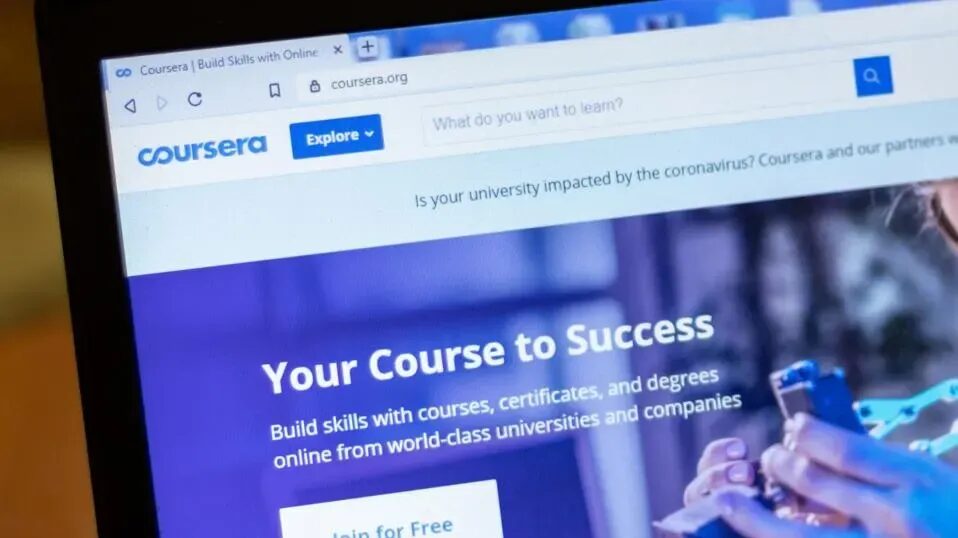
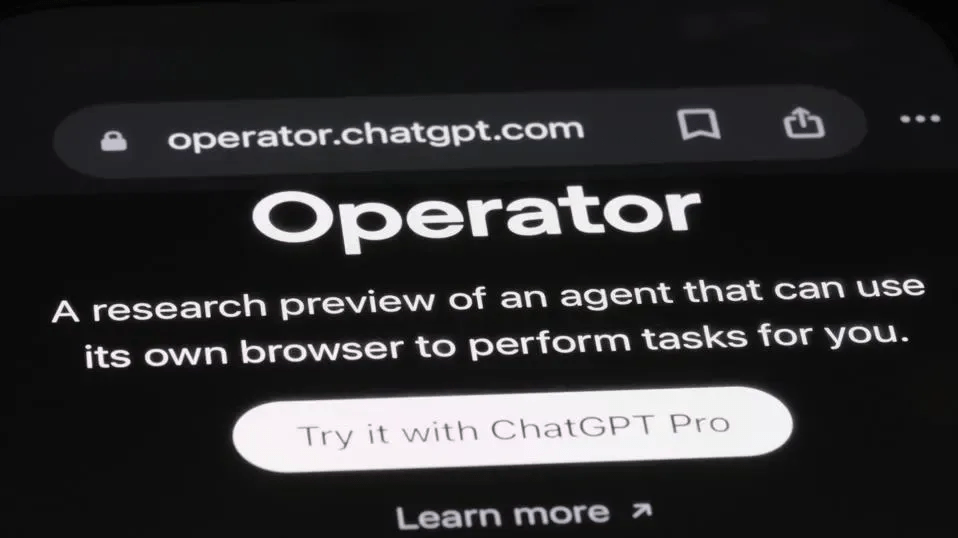
Social Media